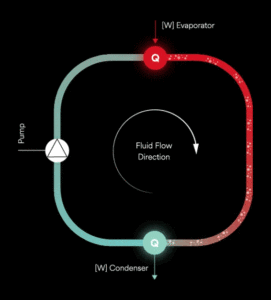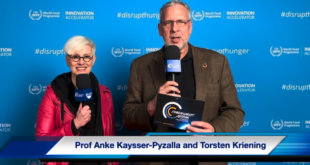
Edinburgh, 20 October 2021. – The United Nations Office for Outer Space Affairs and the China Manned Space Agency accepted In Quattro’s two-phase flow cooling system as one of nine scientific projects planned for the China Space Station (CSS) in 2022, In Quattro announced. All experiments are focused on developing capabilities in space science and technology to achieve sustainable development goals.
The CSS opportunity was announced in May 2018, and was open to all Member States of the United Nations. The nine research projects were chosen after a careful evaluation process out of a total of 42 applications from 27 countries. Italian start-up In Quattro is the only private company to be accepted for the space project.
The High Performance Micro 2-Phase Cooling System for Space Applications is named Baridi Sana, or “very cold” in Swahili. The project replaces ordinary liquid cooling loops with a two-phase cooling system along with an organic, non-toxic cooling agent.
Unlike the classic heat pipe- and liquid cooling, In Quattro claims their technology can remove higher heat fluxes using less pumping energy. According to the company, the system works with reduced energy consumption due to a low flow rate, and condenses the refrigerant, thus working with higher efficiency. The technology could help achieve effective thermal control of satellite on-board electronics.
 SpaceWatch.Global An independent perspective on space
SpaceWatch.Global An independent perspective on space




